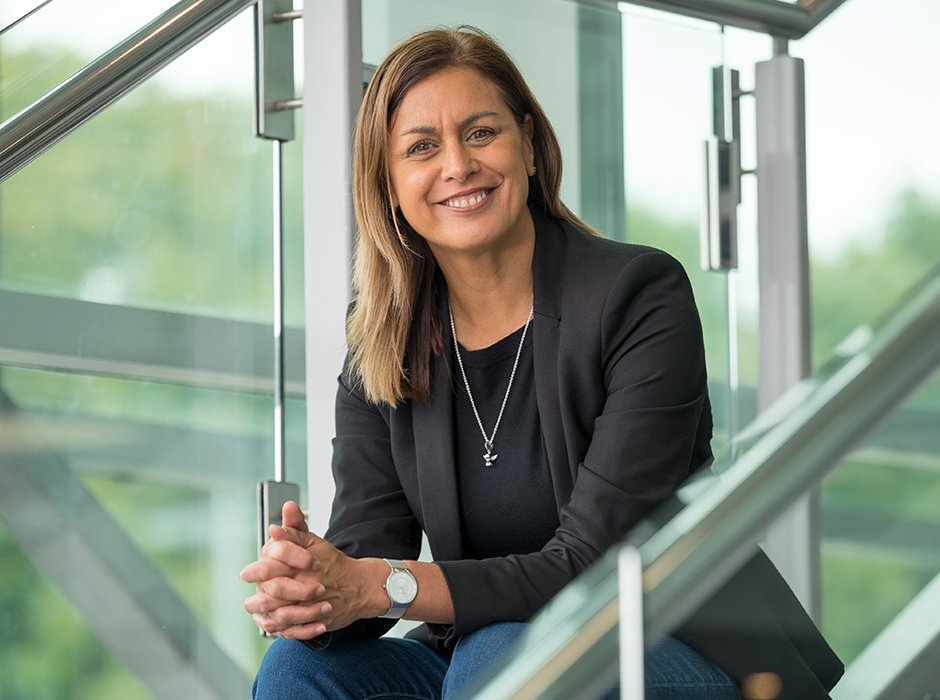
Professor Suzanne Pitama recently won the New Zealand Psychological Society Dame Marie Clay Award for her commitment to improving health outcomes for Māori.
Professor Suzanne Pitama (Ngāti Kahungunu) has been acknowledged for her significant commitment to improving health outcomes for Māori and reducing inequalities.
The Dean and Head of Campus of the University of Otago, Christchurch has won the New Zealand Psychological Society Dame Marie Clay Award, which recognises valuable contributions to educational and developmental psychology through original research, the dissemination of research, or best practice.
The awards committee noted Professor Pitama exceeds the criteria for the award and her achievements have been maintained over 20 years with “demonstrable impact on our profession and those it serves”.
“Professor Suzanne Pitama has spent her career focused on developing curricula to improve health outcomes for Māori and reduce the inequities that are present in the health system both as part of her teaching and research.
“She has sustained a significant contribution to the field of educational and developmental psychology throughout her career and she is a worthy recipient of the Dame Marie Clay Award.”
Nominated by Institute of Educational and Developmental Psychology chairperson Robyn Stead and treasurer Alisha Bliss, Professor Pitama was “blown away” people in her field wanted her to be acknowledged with the award.
It was an honour to be nominated, she says.
“I was really overwhelmed that my wider peers of educational psychologists firstly noted the mahi I was engaged with, and secondly saw the mahi as adding value to our professional body.
“This peer acknowledgment was humbling, unexpected and reminded me of the amazing community of practice I belong to. To be seen by your peers as lifting the profile of your discipline is an amazing professional compliment.
“I want to thank my colleagues at the Otago Medical School who see the value of my craft and passion for medical education as a place that is welcomed and inclusive of an educational psychologist.”
In their statement of support, Ms Stead and Ms Bliss wrote that Professor Pitama is well known in the medical and educational field for developing the Meihana Model and the Hui Process.
“[The model] provides a framework to practitioners that allows them to engage in a way that avoids tokenism, allows genuine collaboration and a pathway towards improved outcomes.
“While Suzanne does not work in a typical or expected setting for an educational psychologist, she proudly identifies herself as such and is an excellent example of the utility of the skills and training that are characteristic of educational psychology.”
The award was established in 2008 to honour Dame Marie Clay’s contribution to education and developmental psychology and is offered biennially.
- Kōrero by communications adviser Jessica Wilson